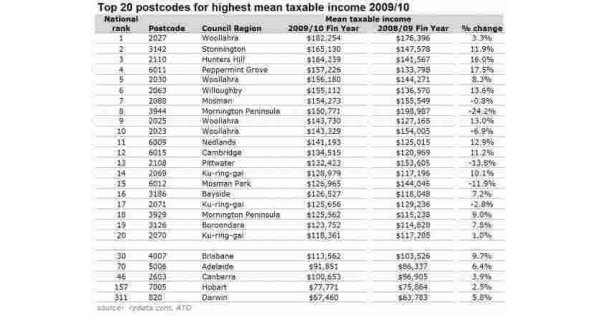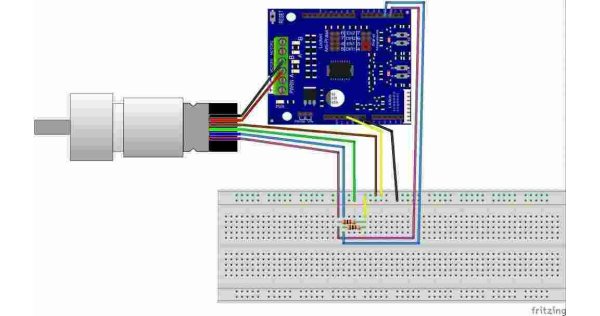Disparities in Alzheimer's Diagnosis: A Tale of Two Sisters
Imagine two elderly twins, identical in age, family history, and access to healthcare. Yet, due to the vagaries of the healthcare system, one sister faces a higher likelihood of receiving an early diagnosis of dementia than the other.
In Hartford, Connecticut, 66-year-old Mary resides, while her sister, Emily, lives 26 miles away in Springfield, Massachusetts. According to a recent study, Mary has an 18% higher chance of being diagnosed with dementia than Emily.
The reason for this disparity lies in the way different healthcare systems approach screening and diagnosing Alzheimer's disease. Julie Bynum, the study's lead author, suggests that Connecticut's healthcare system may be more proactive in identifying and referring patients with suspected dementia to specialists.
However, such disparities are not limited to this one case. Across the United States, the likelihood of receiving a timely diagnosis varies widely depending on one's ZIP code. Those living in areas with low diagnostic intensity are 28% less likely to be diagnosed, while those in areas with high diagnostic intensity are 36% more likely, compared to the national average.
This disparity extends beyond geographical boundaries and affects different demographic groups. Individuals in the youngest age category (66-74) and Black and Hispanic people face even larger discrepancies in their chances of receiving a diagnosis.
The consequences of these disparities are far-reaching. Without an early diagnosis, patients miss out on crucial opportunities for education, treatment, and planning. They may also be excluded from clinical trials and specialized care that could improve their quality of life.
Experts attribute these disparities to several factors, including insurance coverage, social stigma, and overworked physicians. Medicare, while providing coverage for cognitive screening during yearly wellness visits, may not cover additional tests necessary to confirm a diagnosis. Stigma surrounding cognitive decline can also discourage individuals from seeking help. Moreover, physicians may be hesitant to pursue a diagnosis in older adults due to the complexity of their multiple health issues.
To overcome these challenges, individuals are encouraged to be their own advocates. They should actively seek out healthcare providers who offer cognitive assessments and inquire about insurance coverage for additional tests. By being proactive, individuals can increase their chances of receiving a timely and accurate diagnosis.
"It's not the patient's job to determine 'Is this dementia or not?'" said Dr. Eseosa Ighodaro, an expert in Alzheimer's and dementia. "It's our job."
Your ZIP code may determine your dementia diagnosis, study finds
Depending on where you live in the United States, you may be twice as likely to get a diagnosis of dementia, a new study finds.




